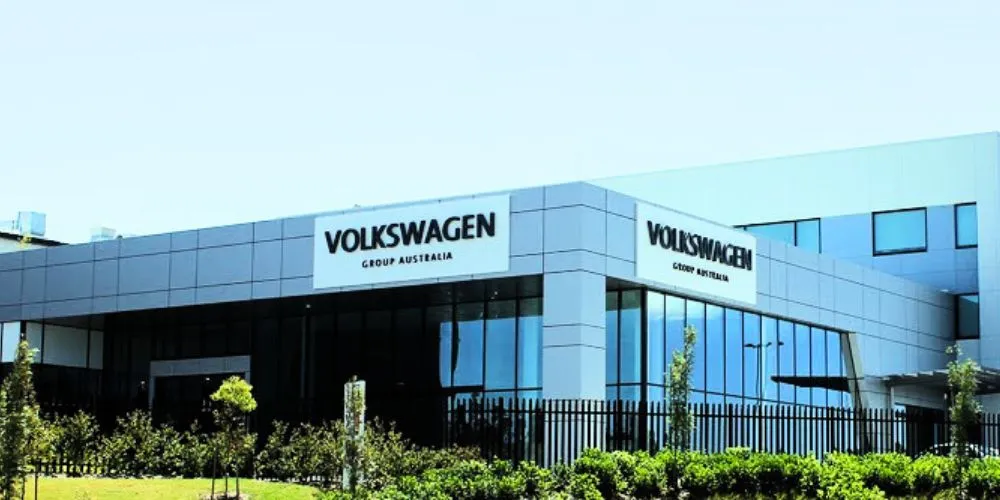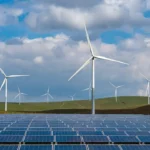Key Points:
- Volkswagen Australia exits the policymaking committee of the country’s auto lobby amid disagreement over fuel efficiency standards.
- The decision follows Tesla’s departure from the lobby group, citing false claims and opposition to proposed standards.
- Australia introduces vehicle efficiency standards to promote electric vehicle adoption and emissions reduction.
- Auto lobby argues against proposed standards, expressing concerns over price hikes and limited vehicle options; Toyota supports the lobby group’s position.
Volkswagen Australia announced on Monday its withdrawal from the policymaking committee of the country’s auto lobby following Tesla’s recent departure from the group. This move comes as Volkswagen distances itself from the lobby’s campaign against proposed new fuel efficiency standards.
In a letter addressed to other Federal Chamber of Automotive Industries members, Volkswagen confirmed its decision to exit the lobby group’s Policy Advisory Committee ahead of an upcoming meeting later this week. The spokesperson emphasized that Volkswagen Group Australia will independently express its stance on public and policy matters, including the New Vehicle Efficiency Standard (NVES). They reiterated Volkswagen’s belief that a robust NVES is in the country’s best interest.
This development marks an escalation of tensions initiated last week when Tesla, an electric car manufacturer, accused the auto lobby of disseminating false information and subsequently withdrew from the group in protest against its opposition to the proposed standards. Polestar, another automaker, followed suit the following day.
Australia recently introduced vehicle efficiency standards to promote the adoption of electric vehicles and reduce emissions. The proposed standards would penalize car manufacturers importing emissions-intensive models while incentivizing cleaner vehicle imports. Australia and Russia are among the few industrialized nations without such standards.
The auto lobby contends that the government’s proposed standards would increase prices and limit options, particularly for popular vehicles like pick-up trucks in Australia. Toyota, a leading auto manufacturer known for its range of pick-up trucks and SUVs, supported the lobby group’s stance last week, urging the government to reconsider its plan.
On Sunday, Energy Minister Chris Bowen suggested that the government is open to compromise, stating that they would consider sensible proposals. This indicates a potential willingness to revise the proposed standards based on constructive suggestions.




